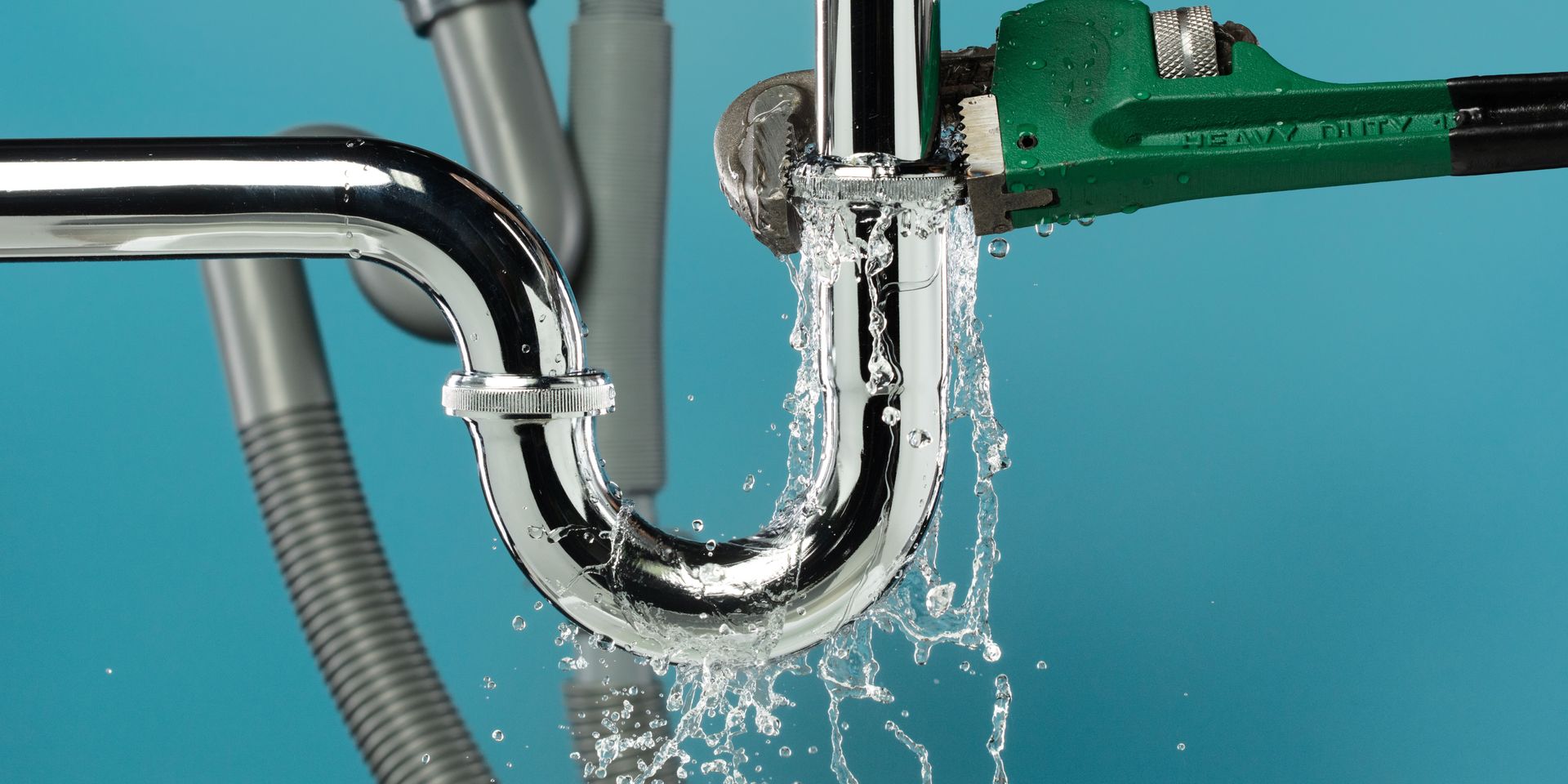Emergency Maintenance vs. Routine Repairs
What Landlords and Tenants Need to Know

Property maintenance is a key part of successful property management, but not every issue is urgent. Knowing the difference between an emergency and a routine repair helps landlords prioritize repairs, protect their property, and maintain a good relationship with tenants. Here’s a breakdown of what constitutes an emergency, what can wait, and how tenants and landlords can work together to minimize the need for urgent maintenance calls.
What Maintenance Issues Are Considered Emergencies?
Emergency maintenance issues are problems that pose an immediate risk to the health, safety, or habitability of the property or tenants. These situations typically require a response within 24 hours or less.
Common emergency maintenance issues include:
- No heat in winter (especially in regions with freezing temperatures)
- No running water or plumbing backup (e.g., sewer clogs affecting all toilets)
- Gas leaks or the smell of gas
- Electrical hazards (e.g., sparking outlets, no power due to wiring failure)
- Fire or smoke damage
- Flooding or major water leaks (e.g., burst pipes, roof leaks causing indoor flooding)
- Broken exterior doors or windows that compromise security
- Mold growth due to an active water leak
These issues should always be treated as urgent and addressed promptly to avoid further damage or legal liability.
What Maintenance Issues Can Wait for Regular Business Hours?
Not everything that’s inconvenient is an emergency. Many repairs, while important, can safely wait a day or two.
Examples of non-emergency maintenance issues include:
- A clogged sink or toilet (if others are functioning)
- No hot water (depending on local regulations, this may or may not be urgent)
- Malfunctioning appliances (refrigerators, dishwashers, etc.)
- Minor leaks that can be contained
- Light fixtures not working
- Cosmetic issues (paint, small cracks, worn flooring)
While these should still be addressed in a timely manner, they don’t require middle-of-the-night calls.
What’s Considered a Risk to the Property?
From a property management perspective, anything that causes active damage or could result in significant financial loss if left unattended is considered a risk. That includes:
- Uncontrolled water leaks, which can cause mold, rot, and structural issues
- Electrical problems that could lead to fire or appliance damage
- Pest infestations that can cause property damage or health risks
- Unsecured property access, inviting theft or vandalism
Landlords should act quickly on these issues to prevent further damage and avoid legal responsibility.
What Can You Legally Ask a Tenant to Do in an Emergency?
Landlords can ask tenants to take reasonable and safe actions to mitigate damage until professional help arrives. For example:
- Turning off the water shut-off valve if there's a leak
- Using buckets or towels to contain minor flooding
- Flipping a circuit breaker if it’s safe and known to the tenant
- Opening windows to ventilate in the case of smoke or chemical smell (if safe)
- Taking pictures or video of the damage for documentation
However, landlords cannot require tenants to fix the issue themselves, especially if it poses safety risks. It’s important to provide clear instructions in lease agreements or tenant handbooks for these situations.
How Can Tenants Help Prevent Emergency Maintenance Issues?
Prevention goes a long way in avoiding late-night emergencies. Here’s what landlords can reasonably require or encourage tenants to do:
- Report small issues early before they become big problems
- Properly use and maintain plumbing fixtures (e.g., don’t flush inappropriate items)
- Keep HVAC filters clean to avoid system strain
- Don’t overload electrical outlets
- Keep an eye out for leaks or mold and report them promptly
- Ensure pest prevention by keeping units clean and food sealed
Including these expectations in the lease or welcome packet sets clear guidelines and protects the property.
Clear communication, preventative care, and a strong understanding of what truly qualifies as an emergency can save landlords stress and money — and keep tenants safe and happy. When in doubt, it’s better to respond quickly and consult with professionals to avoid escalating costs or legal issues.
Have a maintenance story or tip to share? Leave a comment below — we’d love to hear your take!







